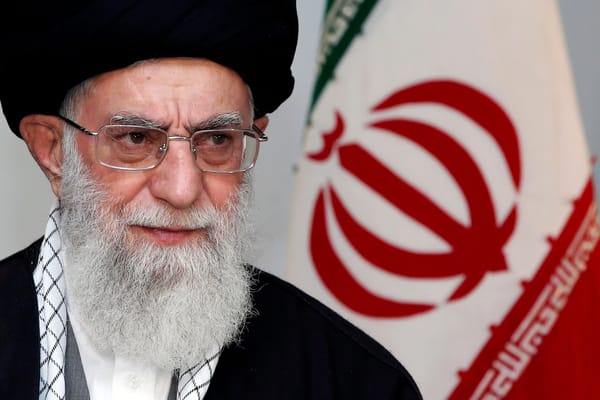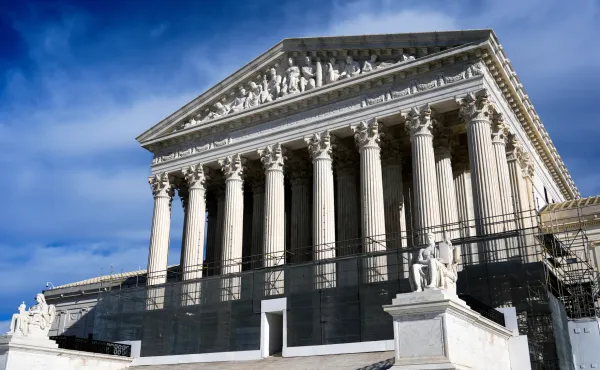Vance & Walz Debate Civilly

On Tuesday night, Senator JD Vance and Governor Tim Walz debated as the vice-president picks of former President Donald Trump and Vice-President Harris, respectively.
Most VP debates are considered generally inconsequential, and this debate had 25% less viewership than the 2020 VP debate between Mike Pence and Kamala Harris.
Both Vance and Walz answered questions ranging from immigration, health care, and social issues to economic policies, democracy, and election integrity, as well as foreign policy and military strategy.
Walz showed some of his Midwestern folksy personality and highlighted what Democrats see as the Republicans’ vulnerabilities: abortion, admitting loss in the 2020 election, and the lack of a health care and a child care plan.
JD Vance appeared prepared for the debate from a series of tough mainstream media interviews and sought to paint Vice-President Harris as the “status quo” candidate of chaos, and Walz as well-meaning, but out of his depth.
While most in Left-wing media would not agree with many of the positions Vance holds, his tactical approach to the debate and effective communication was widely recognized, drawing praise from the likes of ABC’s Jon Karl, NBC’s Kristen Welker, Biden’s former press secretary Jen Psaki, and CNN’s Abby Phillip. Liberals took issue with Vance's refusal to answer in the debate whether former President Trump lost in 2020.
Walz found himself awkwardly defending questions about past mis-statements, with the excuse, “I'm a knucklehead at times,” while finding firmer footing on issues such as abortion. Both candidates found common ground throughout the debate, while also emphasizing their distinctly different policy viewpoints.
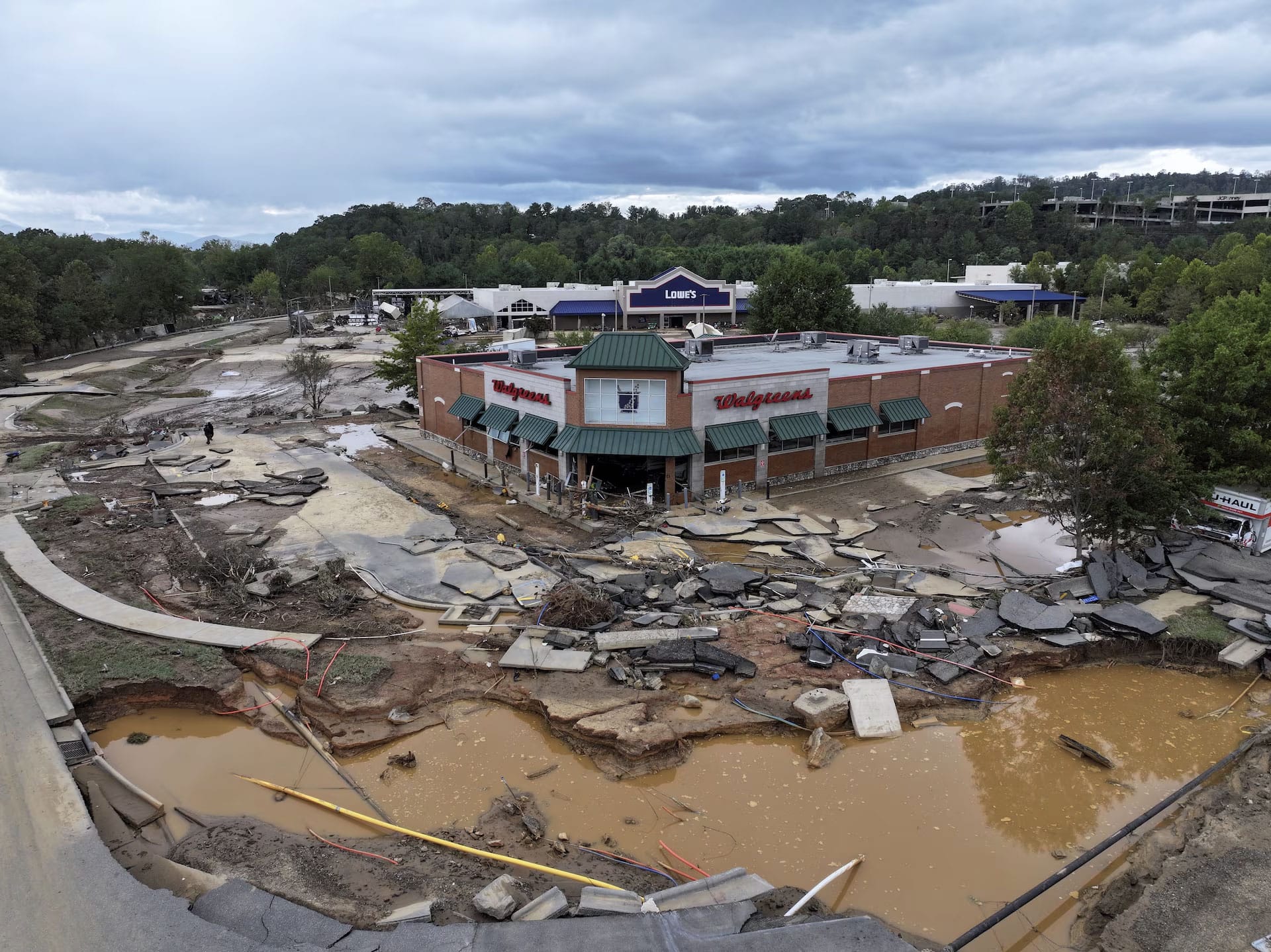
Hurricane Helene Death Toll Tops 200 Dead, Many More Missing
The aftermath is still being calculated from Hurricane Helene, which flooded towns all over the southeast U.S. and by official counts so far has killed more than 200 people, making Helene the deadliest hurricane to hit the mainland U.S. since Katrina in 2005.1 More than 850,000 customers in seven states from Florida to West Virginia still were without power as of Thursday evening, according to PowerOutage.us.
While FEMA can meet immediate needs, Homeland Security Secretary Alejandro Mayorkas told reporters Wednesday he does not have enough funding to make it through the hurricane season this year. “We are expecting another hurricane hitting,” Mayorkas said. “We do not have the funds.”
Critics such as Texas Republican Governor Greg Abbott pointed out that the Department of Homeland Security allocated over $640 million this year in FEMA-administered funds to aid state and local governments coping with the influx of asylum seekers — though Mayorkas’s office insists that those funds couldn’t be used for hurricane relief since Congress authorized them specifically for the migrant crisis.
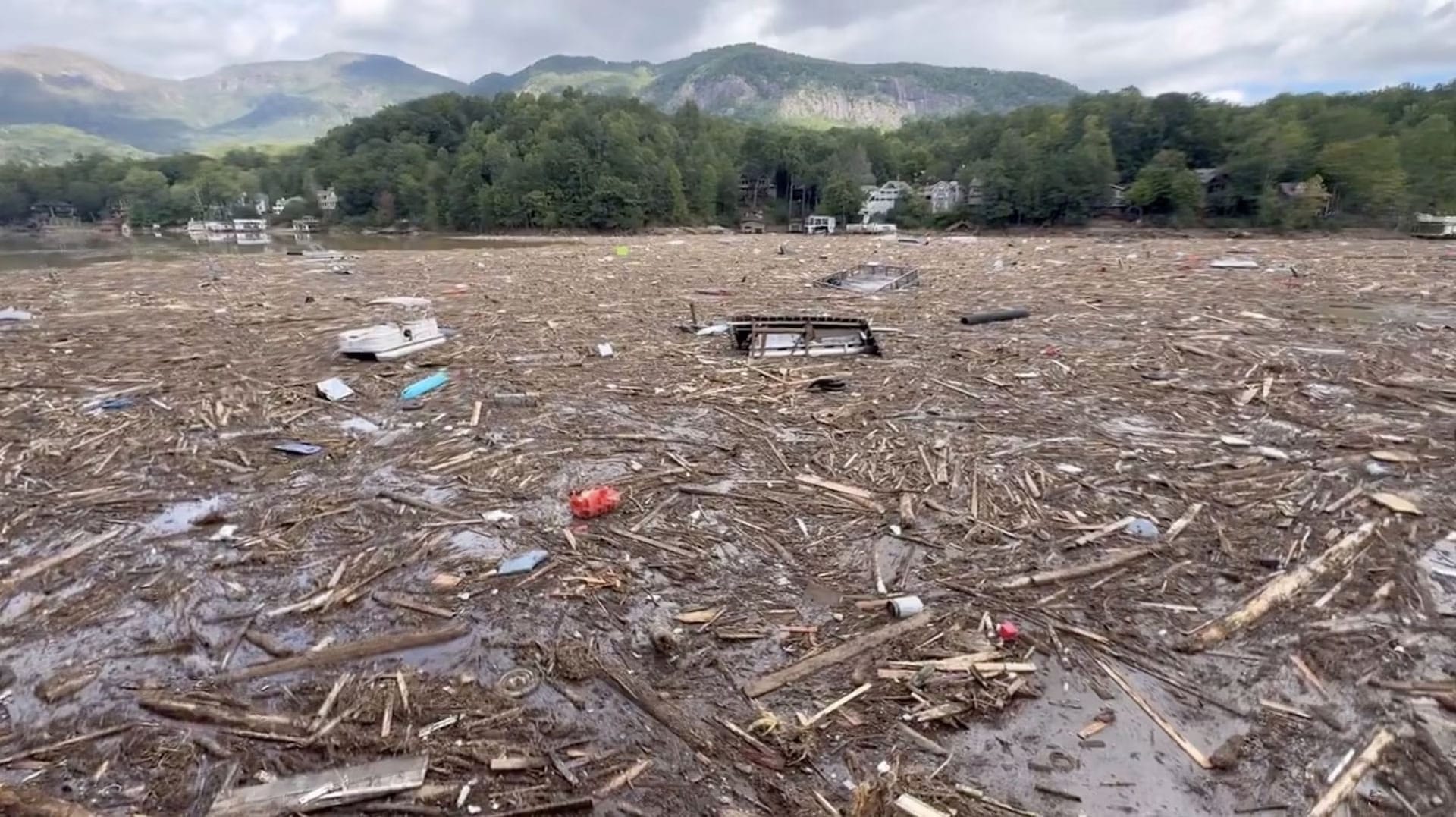
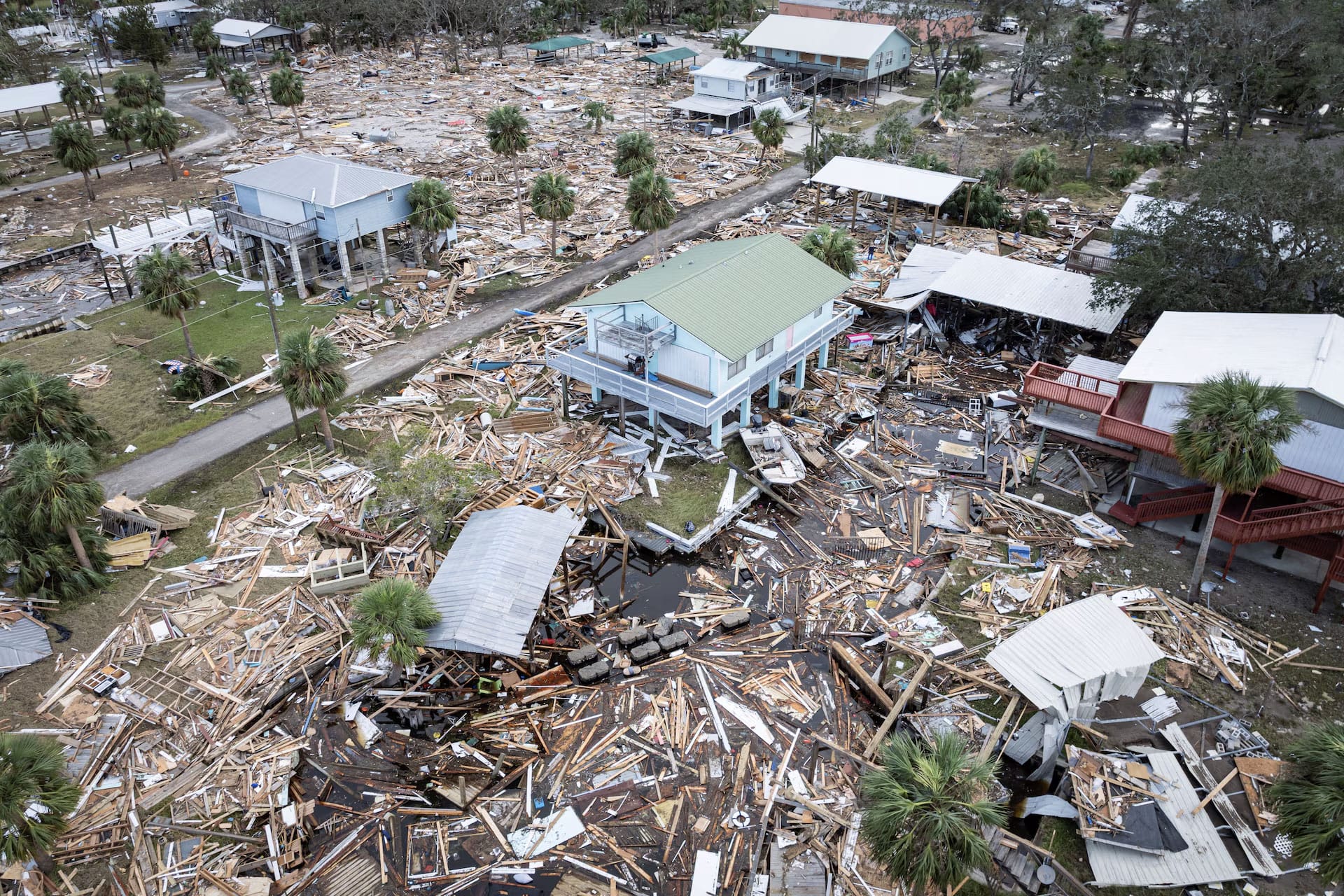
Longshoremen Strike Crisis Averted
On Tuesday, the International Longshoremen’s Association at East and Gulf ports declared a strike, citing workers’ concerns over automation and demands for higher wages. The strike was estimated to cost the U.S. economy (especially as retailers look to stock up for the Christmas shopping season) $3.8—$4.5 billion per day, according to J.P. Morgan.4 After an improved wage offer from port employers, the union agreed on Thursday to suspend the strike through January 15, and the union said it was returning to the bargaining table “to negotiate all other outstanding issues.”


